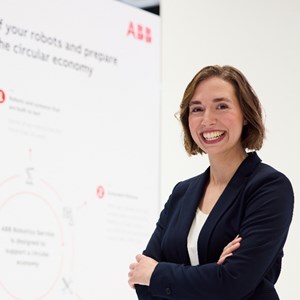The obligation of public administration to grant the same high-level standard of public services irrespective of the location and agency providing them is complementary to the right of each person to have the same level of access to public services, no matter the county, or region, where they are provided.
This non-discrimination principle is also embedded in a growing number of digital applications developed at supranational and national levels to enhance the efficiency and effectiveness of public services delivered to both EU and Third Country nationals (expats, refugees, asylum seekers, immigrants) settling down in any EU Member State.
To address this issue, a CEN Workshop was recently established under the Secretariat of UNI, the Italian national standardization body. CEN/WS ‘Mediation Grammar: a standard to enable migrants’ integration’ is working on a CWA aimed to provide a user-centred summative and formative testing methodology for public sector bodies and agencies willing to measure the extent to which local public service delivery empowers refugees and regular immigrants in the fulfilment of their integration goals.
As part of its scope, the CEN Workshop will test the so- called ‘Mediation Grammar’ against the requirements of the major stakeholders involved in migrant integration policies and actions.
The Mediation Grammar at the heart of the Workshop’s scope is a collection of minimum requirements developed in the framework of the innovation project EasyRights, which aims to enforce the informational rights of foreign (non-EU) immigrants, asylum seekers, and refugees legally entitled to stay in the European Union.
In particular, the EasyRights project tackles three major challenges to successful immigrant integration when dealing with service access and use:
- Language accessibility - compensating for the poor understanding of local language, and especially legal jargon, that migrants may experience and that prevents them from grasping the details of the administrative procedures to be followed to exercise their rights;
- Information adequacy - complementing the migrants’ capabilities to find and follow the correct pathways to gain access to public services, while at the same time solving any technical/procedural problems that may arise in this endeavour; and
- Actualisation of rights - i.e. related to the extent, depth and connectedness of available services, which requires a special capacity to explore, navigate and interact with them, especially when the fruition of one is preparatory to accessing another.
The easyRights consortium (funded by the EU Horizon 2020 research and innovation programme under grant agreement 870980) comprises 14 partners from 7 different European countries (including one Associate State): Austria, Denmark, Greece, Italy, Norway, Spain and UK. Partners represent academia, private enterprises, and NGOs, as well as public administration bodies.

Giovanni COLLOT
gcollot@cencenelec.eu



